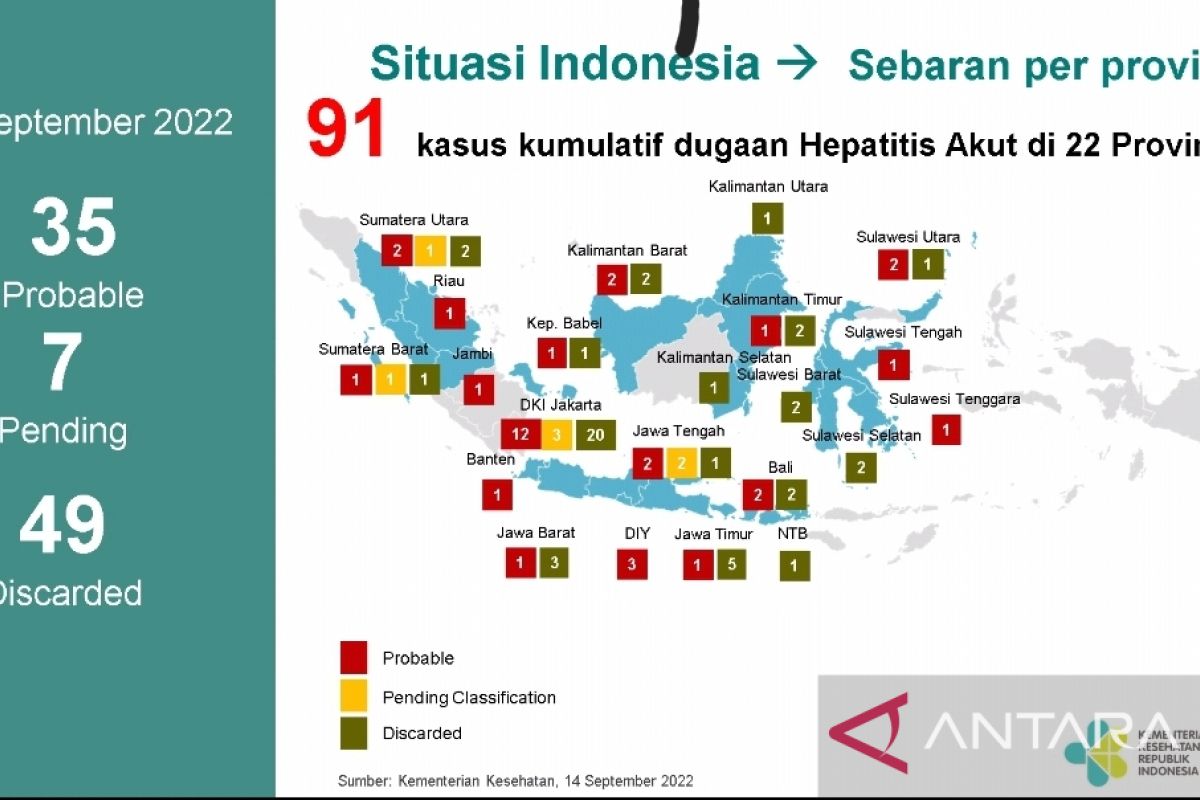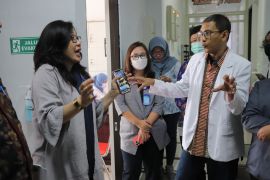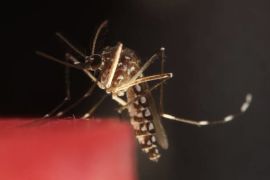Early detection helps to handle the case more quicklyJakarta (ANTARA) - The Health Ministry has detected a total of 91 cases of acute hepatitis of unknown etiology in patients younger than 16 years in 22 Indonesian provinces as of Thursday (September 15, 2022).
"There are 11 patients who died, or 26 percent of the total, and 22 patients, or 52.3 percent, recovered,” Health Ministry spokesperson Mohammad Syahril informed at an online press conference, which was followed from Jakarta on Friday.
Of the total case findings, 35 were probable or suspected cases, 7 were pending and awaiting laboratory test results, and 49 were discarded because the patients were found to be suffering from other diseases, Syahril said.
Dengue cases dominated the discarded cases, followed by bacterial infections, heart disease, and leukemia, among others.
Jakarta contributed the highest number of probable cases at 12, followed by Yogyakarta with 3 cases, and North Sumatra, West Kalimantan, Central Java, North Sulawesi, and Bali, which reported 2 cases each.
Meanwhile, other areas such as West Sumatra, Jambi, Banten, West Java, Bangka Belitung Islands, East Java, East Kalimantan, Central Sulawesi, and Southeast Sulawesi recorded one case each.
Syahril said the patients comprised 30 males and 12 females, with the dominant age group being zero to six years old.
"Specific symptoms (of mysterious acute hepatitis) in Indonesia have included fever, nausea, vomiting, jaundice, acute diarrhea, and shortness of breath," he disclosed.
Although the exact cause of acute hepatitis is not yet known, it can be prevented through early detection of symptoms, he informed.
"Therefore, early detection is needed. Do not let our children experience more severe symptoms such as jaundice and decreased awareness. Early detection helps to handle the case more quickly," Syahril explained.
He said that the Health Ministry has appointed a national laboratory at the Health Development Policy Agency (BKPK) to receive all referral samples of patients with suspected hepatitis.
"This national laboratory has prepared the availability of reagents for hepatitis detection namely metagenomic reagents or genome sequencing examinations and PCR reagents, both respiratory and gastrointestinal panels," Syahril informed.
Globally, 35 countries have reported cases of mysterious acute hepatitis to the World Health Organization (WHO), with the total number of probable cases recorded at 1,010.
As many as 46 cases, or the equivalent of 5 percent of cases, have required a liver transplant, and 22 cases, or 2 percent, have resulted in fatality so far. Most of the cases, that is, 48 percent or 484, have come from the European region, while the American region has contributed 435 cases.
Related news: Commission asks schools to reopen school canteens
Related news: Indonesia records 70 suspected acute hepatitis cases: ministry
Related news: Maintain food hygiene to prevent acute hepatitis: epidemiologist
Translator: Andi Firdaus, Resinta S
Editor: Sri Haryati
Copyright © ANTARA 2022












